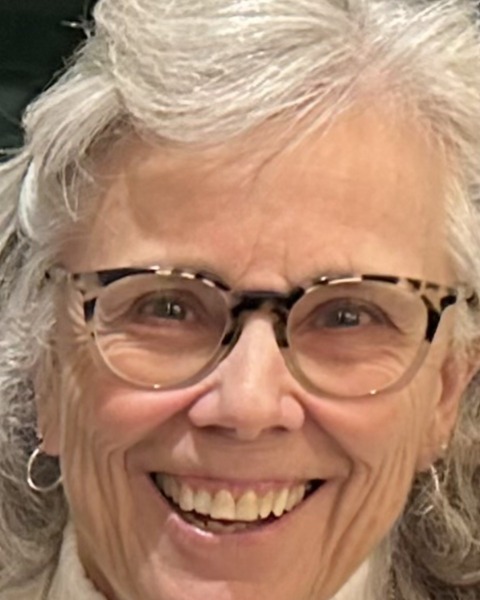50th Anniversary Social Event
Adolescents & Adults With Diverse Abilities
50th Anniversary Movie Night Revival: Animated Mainstream Media to Support Autism Intervention
Friday, November 22, 2024
6:30 PM – 8:30 PM East Coast USA Time
Location: Ballroom D, 5th Floor, RI Convention Center

Lorraine Sylvester, PT, PhD (she/her/hers)
Clinical Professor Emeritus
University of Oklahoma Health Sciences Center, College of Allied Health
Norman, Oklahoma
Lead Speaker(s)
Mainstream media can be a powerful pedogogical tool to not only entertain, but to inform practice, to promote advocacy, social skill development, and inclusive participation, and to dispel abelist attitudes surrounding individuals with Autism or other developmental disabilities across the lifespan (Lu, Webber, Romero, Chirino, 2018; LePage & Courey, 2011). Pediatric and adult patients with Autism are seeking more services from physical therapists (PT), occupational therapists (OTs), and other rehabilitation providers to manage coordination, sensory, fitness/wellness or other concerns as they age (Ries, 2018). We can provide effective supports if we listen to the individuals who live with Autism, in life or on the big screen. Attendees will discuss the evidence surrounding the strengths and challenges of using media for teaching, and how to implement a film 'screening'. We will then 'screen' a Disney animated short film ("Loop") about a teen with Autism at a camp and apply findings to our own practices. Our feature film, "Life Animated", shows how Disney animation provides the context for a boy/man to understand and express his feelings with his family and interpret reality, as he navigates adulthood. All rehabilitation professionals, students, individuals with disabilities, families, and communities will benefit from seeing and sharing these movies. Be ready to learn, share ideas (and hopefully, some popcorn), and discuss how you might utilize these wonderful movies in your own practice! Come celebrate the Academy's 50th anniversary with this revival of "Movie Night".
Learning Objectives:
- Attendees will describe at least 2 movies or other mainstream media resources that they can use to teach concepts surrounding supporting individuals with Autism in their academic, clinical, or community settings.
- Before leaving the session, attendees will submit to presenter a brief plan to use mainstream media in their own academic/practice environment within a 6-12 month time frame (email is ok).
- Attendees will discuss at least one pedagogical benefit and one barrier to utilizing media in rehabilitation sciences educational programs or with individuals with Autism on their caseload.

.png)
.png)
.png)
.png)
.png)
.png)
.png)
.png)